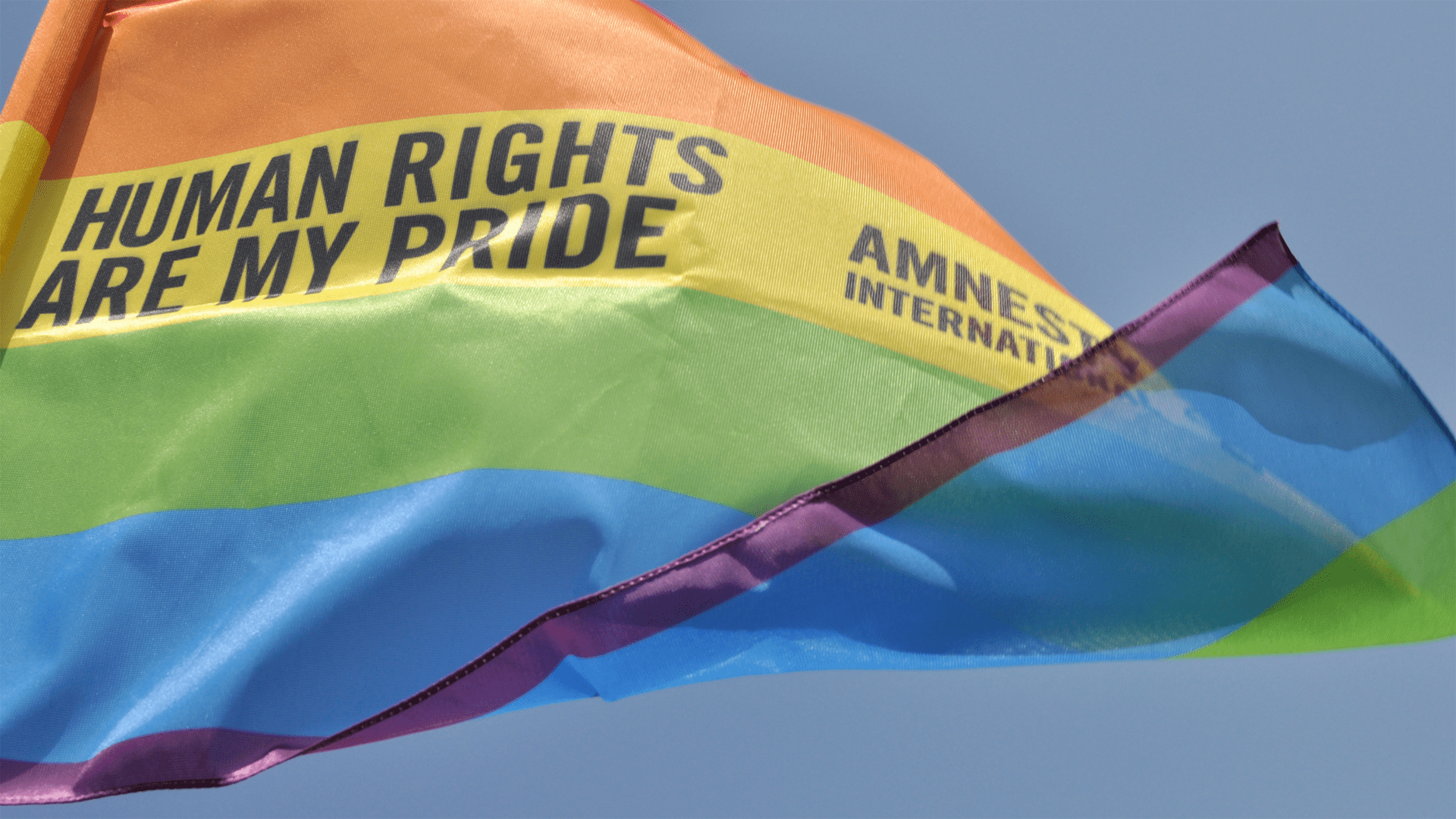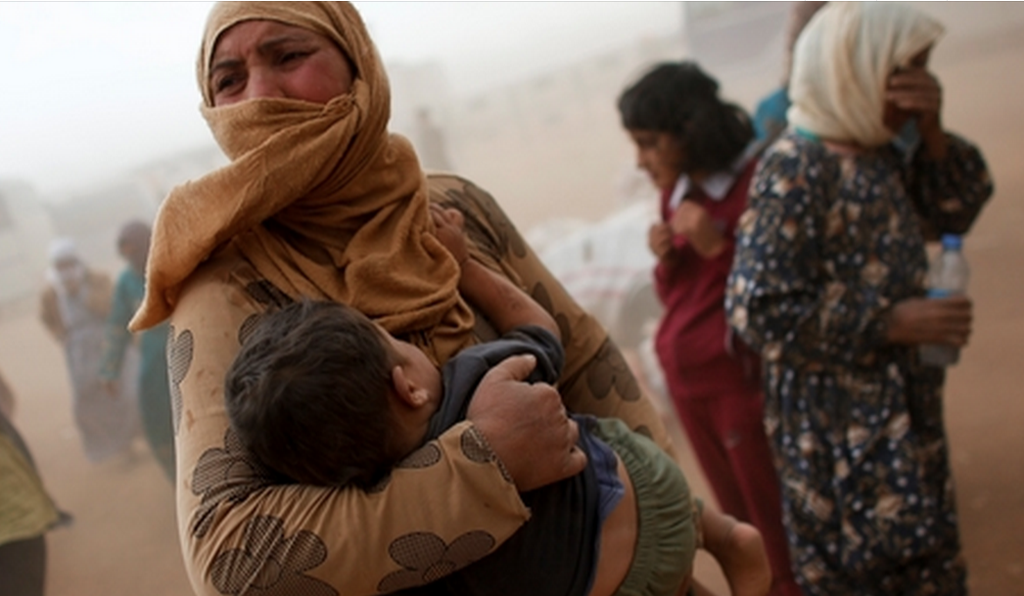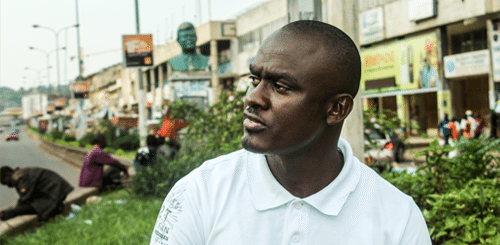Botswana Human Rights
Human Rights Concerns
Botswana frequently speaks out against human rights, justice and democratic abuses across the African continent, often one of the only regional voices to take such a stand. However, while transitions of power in Botswana have been seamless, the same ruling party has been in control for the last 40 years and succession is frequently guaranteed by a term limited president stepping down in favor of his vice president to allow that person to run in the next election as an incumbent. This makes it difficult for opposition parties to gain traction. Further, state media control also challenges any opposition party's ability to run on an equal campaign footing.
Botswana currently criminalizes homosexuality; however the law is infrequently enforced. Recently, Botswana enacted legislation banning discrimination in the workforce on the basis of sexual orientation. However, there is no serious effort being made to decriminalize homosexuality.
The death penalty has been in force in Botswana since the country became independent in 1966. The death penalty is available against those convicted for murder, treason, an attempt on the life of the head of state and the military offences of mutiny and desertion in the face of the enemy. Executions are often carried out unannounced to the public and the family members of the condemned prisoner. Families are not allowed to attend the burial of a condemned prisoner nor visit their graves once they are buried.
On December 18, 2007 Botswana voted against the Resolution on a Moratorium on the Use of the Death Penalty at the UN General Assembly and was one of the most vocal opponents of the resolution during the debates.
The Botswana government has been accused of dispossessing indigenous Bushmen from their land in the Kalahari Desert because of the vast diamond fields present in the region. The Bushmen are southern Africa's first inhabitants and consider the Kalahari their ancestral lands. They won a court decision in 2006 in Botswana's High Court declaring they were wrongly evicted and should be allowed to return. However, after the judgment the attorney-general said the government was not obliged to provide essential services to the Bushmen. Mining activities in the region make it difficult for the San to access water and they are blocked from access to boreholes. Currently, most Bushmen are crowded in resettlement camps in less than desirable living conditions.
The UN Special Rapporteur on the situation of human rights and fundamental freedoms of indigenous people issued a report in 2012 about conditions in Botswana. While he acknowledged Botswana has made efforts to allow cultural freedoms of expression by indigenous groups, he noted a need beyond ceremonial and artistic expression to include real promotion of cultural diversity. He further roundly criticized the government for its treatment of the Bushmen population and their forced removal from the Central Kalahari Game Reserve. In 2011, the Bushmen won access through the courts for the right to return to their lands and access to water. Many have now begun to return but continue to face threats from the government.





